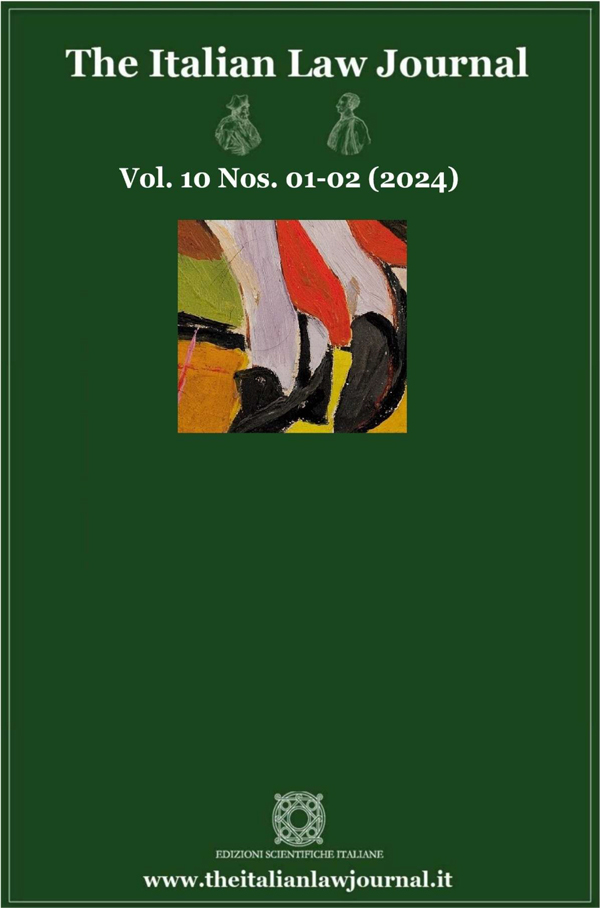2 THE ITALIAN LAW JOURNAL NO. 2 (2016) The Italian Class Action: by Carlo d'Orta For several years there has been an increasing awareness that in order effectively to protect consumers’ rights, it is necessary to improve legal action through the use of more adequate tools. This has stimulated efforts by policy makers and regulators worldwide to introduce actions for damages in their legal systems in the wake of the US experience of the class action (Federal Rule of Civil Procedure no 23). Bearing in mind the specific nature of US regulation, each legal system and especially those of a Civil Law model, had to refine and adapt their damages class action provisions in accordance with legal, economic, social and political factors applicable in each country. The risks attached to this process of refinement relate to the possible decoupling of new rules introduced to protect consumer rights from the pre-existing legal, cultural, social, political and economic environment of the country, itself not yet ready to accept the new rules that may threaten the legitimization of the new legal provisions. In consequence, some countries, pressured to achieve legitimization quickly through symbolic accountability and compliance, have frequently introduced class action regulation hastily without truly considering the systemic effects of the above-mentioned issues and their consequences on the legal system, above all from the perspective of application of the regulation in practice. Therefore, this study seeks to explore whether or not extant regulation on class action is capable of fostering effective consumer rights protection or if the prospective paradigms represent only ‘much ado about nothing’. With this aim, the paper relies upon the juridification concept developed by Jürgen Habermas (1987) and focuses on the Italian regulatory environment. The research analyzes the changing regulatory context, employing a comparative methodology that contrasts the US model with the Italian one. The results highlight limitations of the complex system of norms of the Italian setting, providing a basis for critical thought on the positive aspects of this regulation and on areas for intervention and improvement.
New Paradigm or ‘Much Ado about Nothing’?




























